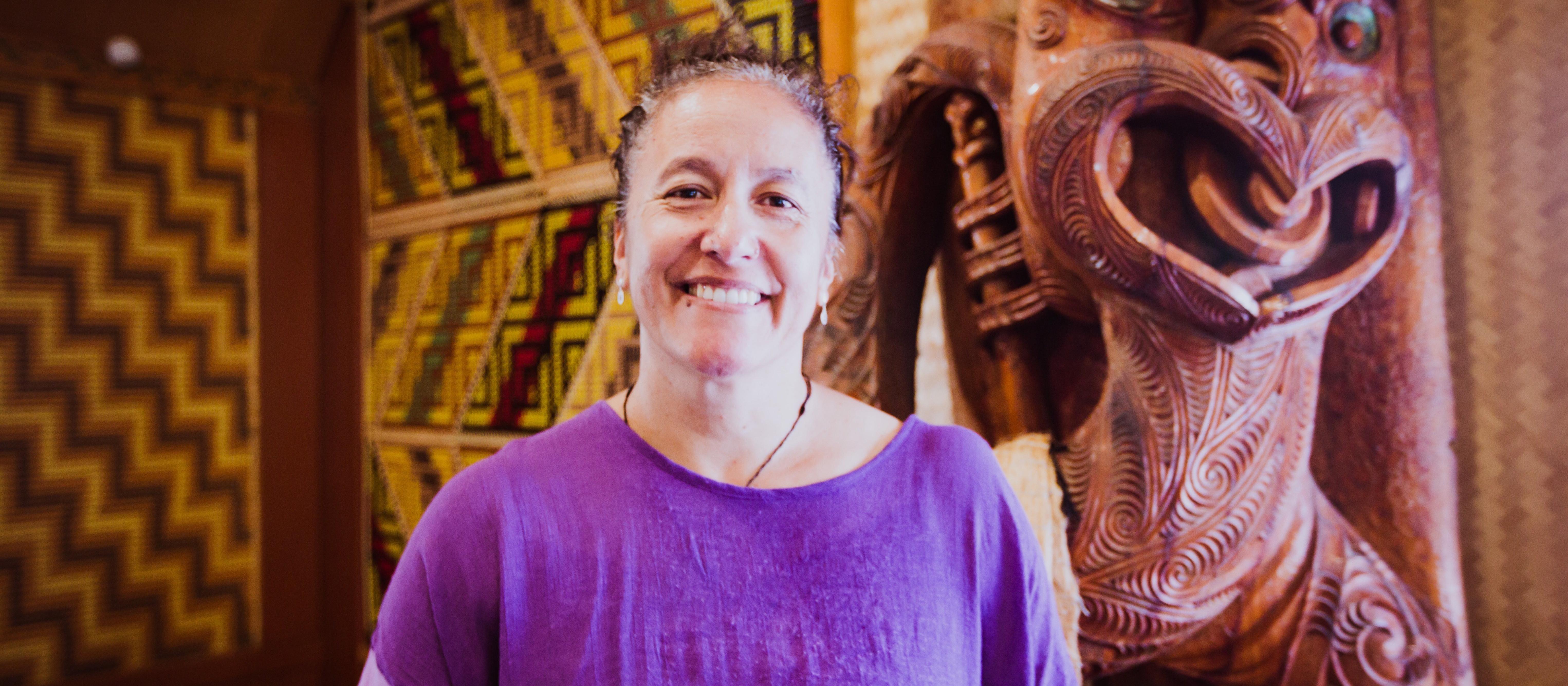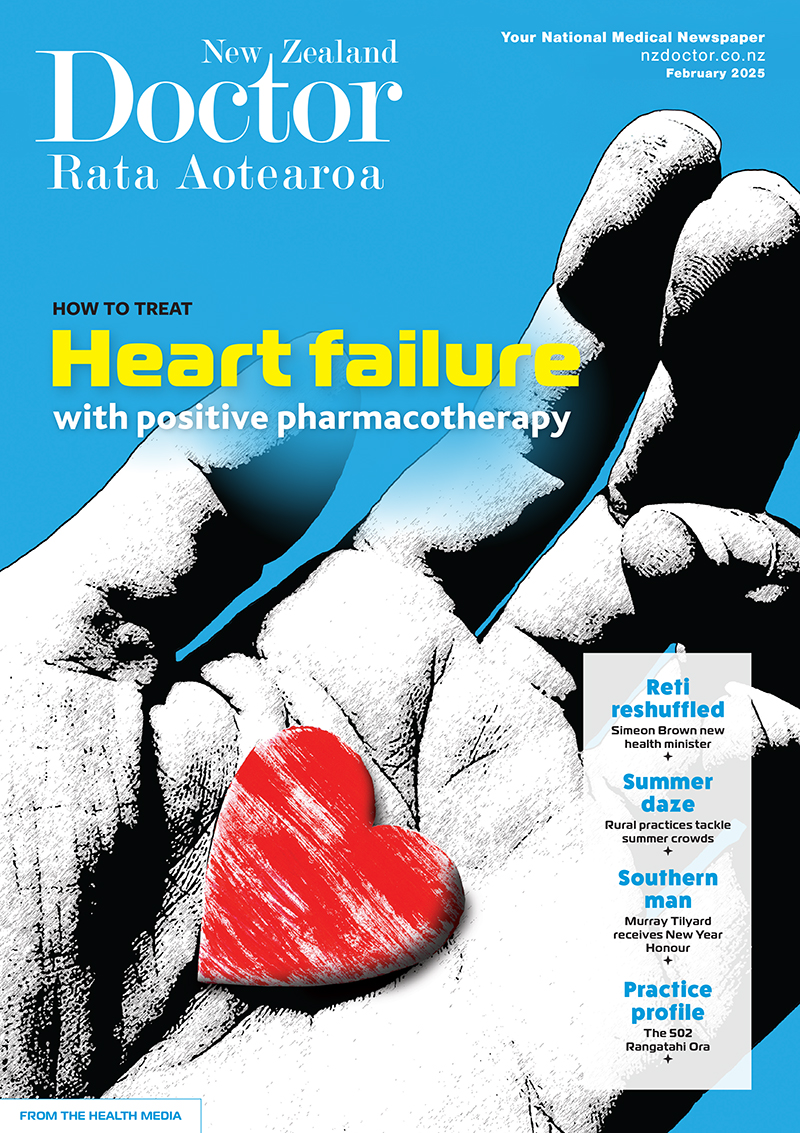Pharmacist prescribers Linda Bryant and Leanne Te Karu discuss positive polypharmacy for heart failure. Current evidence shows the intensive implementation of four medications offers the greatest benefit to most patients with heart failure, with significant reductions in cardiovascular mortality, heart failure hospitalisations and all-cause mortality
‘Focus on your own backyard’: A call to action on racism and inequity to mend the heartbreak
‘Focus on your own backyard’: A call to action on racism and inequity to mend the heartbreak

We are on our summer break and the editorial office is closed until 17 January. In the meantime, please enjoy our Summer Hiatus series, an eclectic mix from our news and clinical archives and articles from The Conversation throughout the year. This article was first published in the 14 April edition
The Goodfellow Unit’s annual symposium rebounded in virtual fashion after last year falling foul of New Zealand’s COVID-19 outbreak. This year’s event ran from 27 to 28 March and attracted 650 registrations. Content covered everything from problematic pornography use, to racism and endometriosis. Alan Perrott and Zahra Shahtahmasebi joined the online attendees
Don’t wait for someone else to address inequities in health, start doing what you can in your own backyard, says clinical researcher and Auckland GP Matire Harwood.
Dr Harwood (Ngāpuhi) used her Goodfellow Symposium address on racism and inequity as a call to action.
The Papakura Marae Medical Centre GP referenced the Wai 2575 claim, part of the Waitangi Tribunal’s Health Services and Outcomes Kaupapa Inquiry. This is seeing Māori push back against the marginalisation created by a system set up to serve one group above another.
“There are now ethnic differences across the board,” says Dr Harwood, “and these inequities are heartbreaking for people who are losing whānau much, much too early, to diseases that could be better treated.
“There are inequities across all pathways, from risk factors to disease rates and how, we as a system, respond...You need to be doing more…a lot of us think it is to up to somebody else to sort out, whereas you can start by focusing on your own backyards,” she says.
She pointed to several measures to bring about change, such as indigenous leadership, a Māori Health Authority, calling out racism, and the living wage.
She says Papakura Marae saw immediate effects from increasing pay rates.
“I have had whānau come and say this has been the biggest change…‘We can buy school bags, we can pay for lunches, there is a sense of pride to determine for ourselves how we spend that money and not struggle from week to week.’
“So, go to your workplace and see how you can support that as well.”
Her Goodfellow talk highlighted statistics and research outing disparities in health outcomes between Māori, Pacific peoples and European New Zealanders, and made the case that nothing will change until racism, privilege and systemic inequities are addressed.
While acknowledging health issues involving smoking-related cancer and heart disease, Dr Harwood says numbers do not tell the full story. Ultimately, it is the social determinants of health that make such diseases more likely.
Advocating smoking cessation is only part of the answer to lung cancer; there are also upstream factors, such as stress, “and stress comes from poverty”, says Dr Harwood.
“This is also about the fact that there are differences when people are valued, the idea that your social status can change depending on your socioeconomic standing or ethnicity.
“Then those upstream factors – racism and privilege – lead to downstream effects like heart disease and, until these are addressed, we won’t achieve equity.”
Referring to the connection between her Northland home, Tautoro, and Ngāpuhi chief Hōne Heke, she says: “It’s not good enough to just chop down flag poles or present the data, it’s also important to think about what we can do better.
“How can we mend the heartbreak? How can we be more responsive?”
We're publishing this article as a FREE READ so it is FREE to read and EASY to share more widely. Please support us and our journalism – subscribe here



